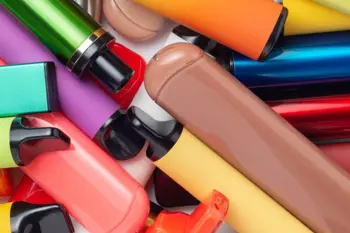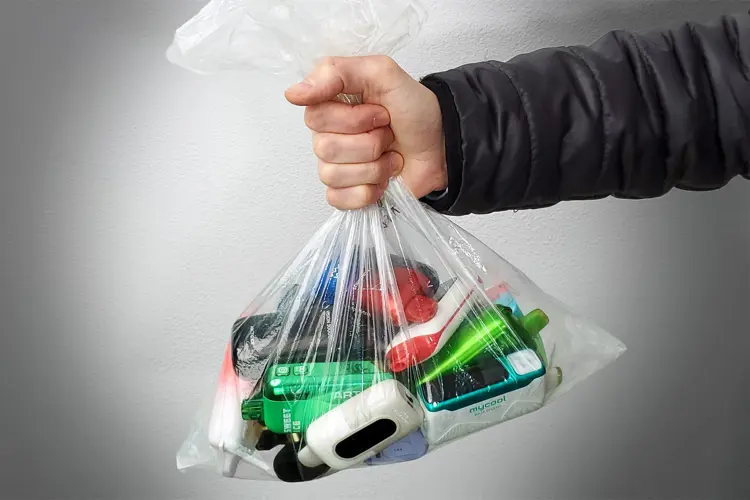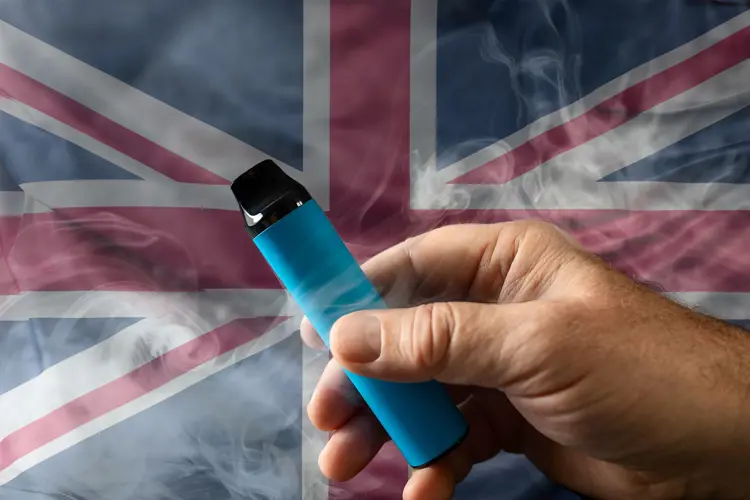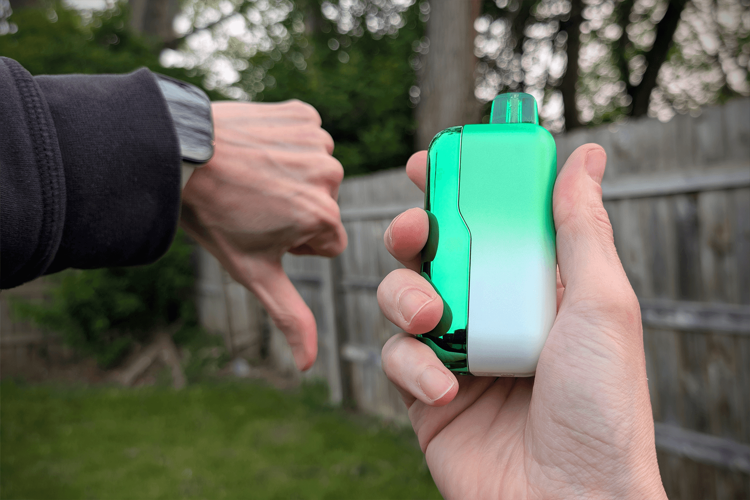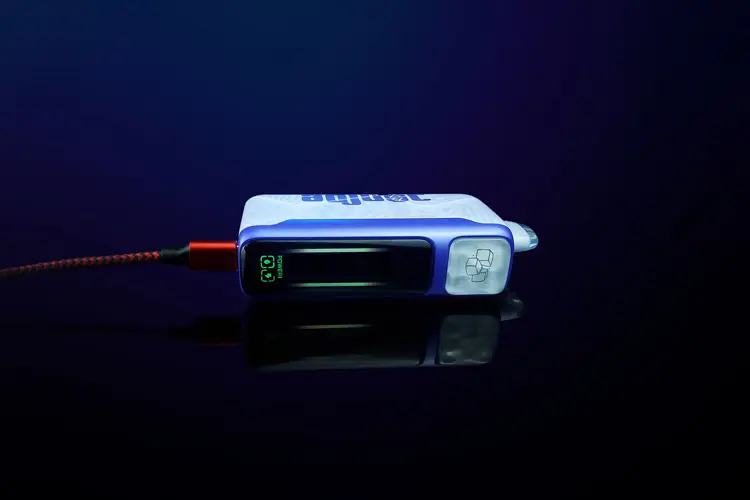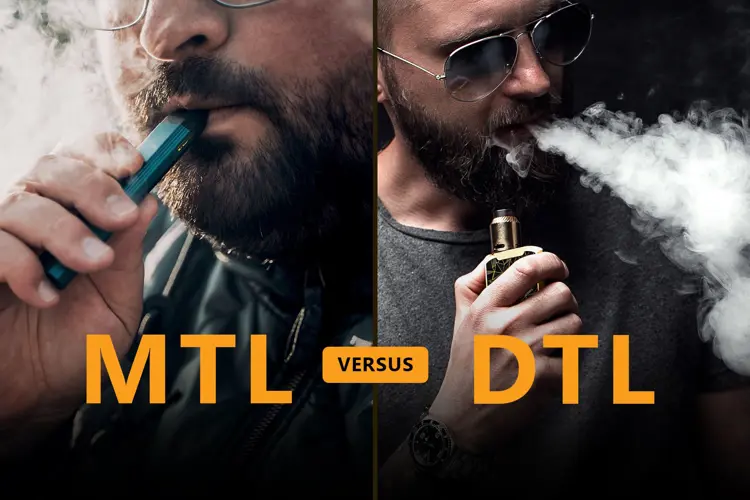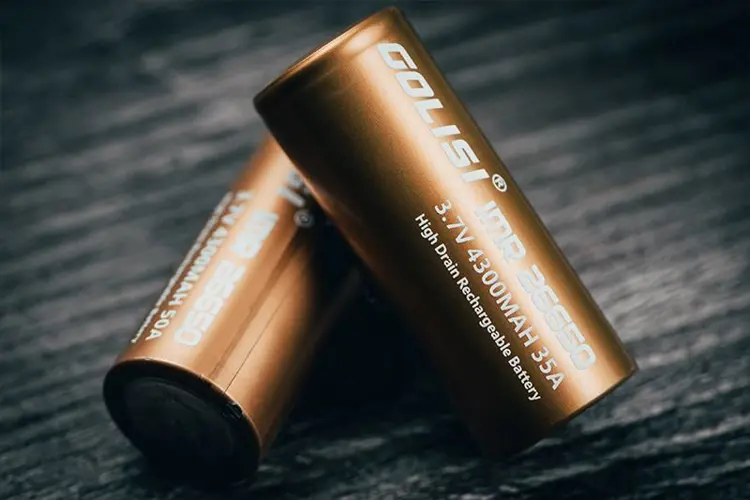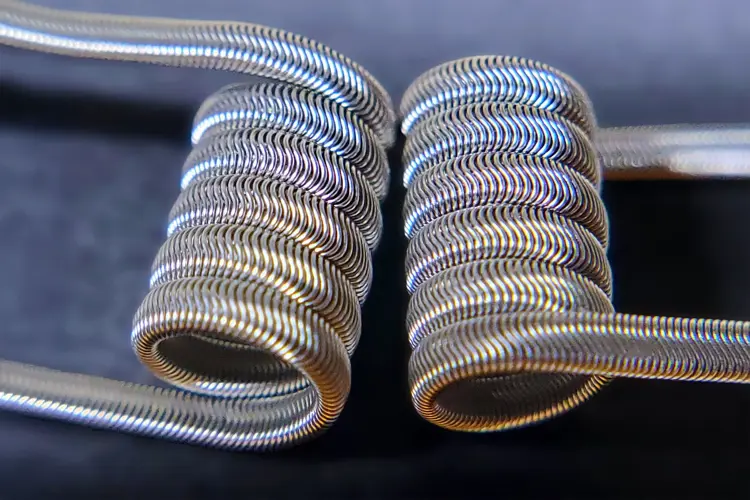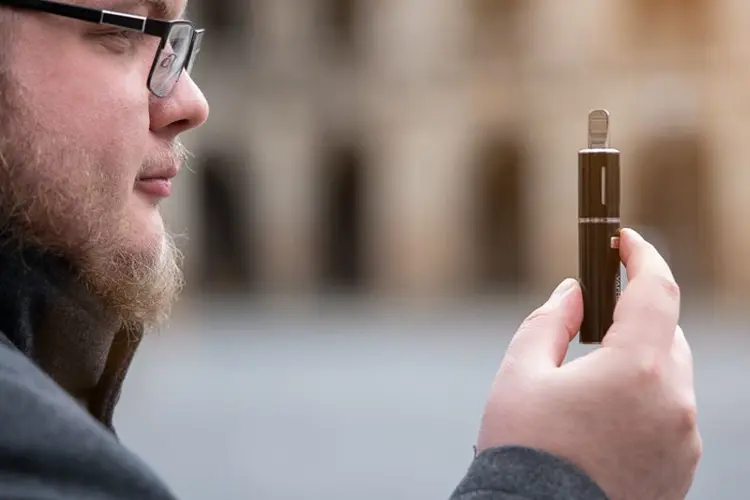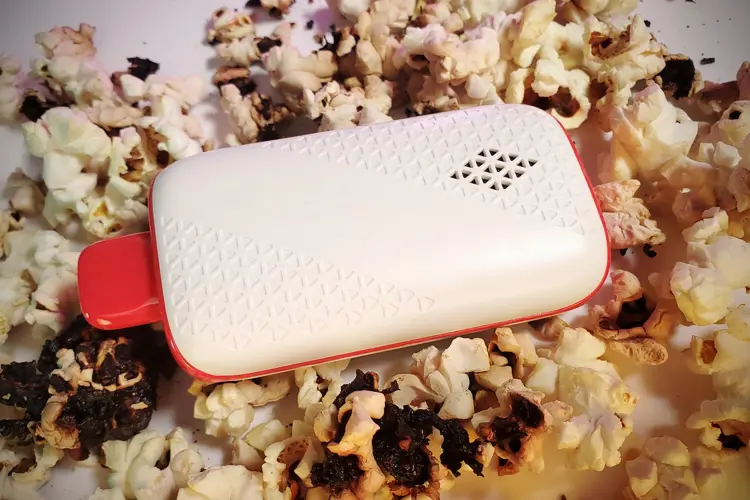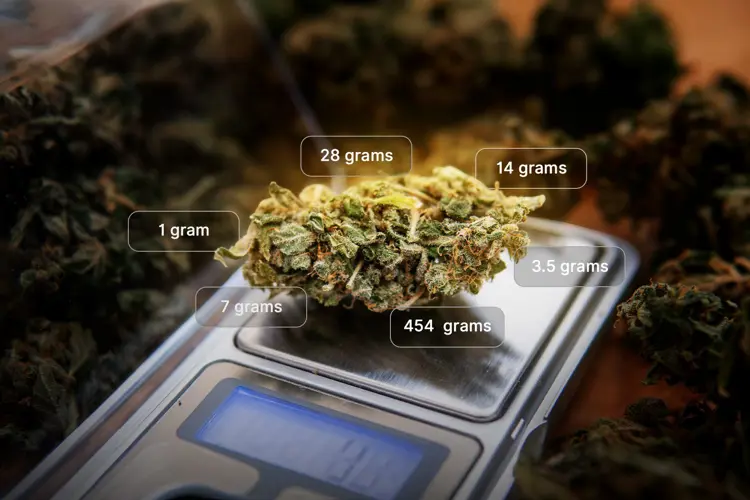Like most consumable products, CBD (or cannabidiol) has a shelf life. And as with most things we eat, drink, or use as medicine, it’s almost impossible to say exactly what that shelf life is. Think about milk. Sometimes it starts to turn sour before the expiration date on the bottle, but usually it tastes fine for days or even weeks after the date. Are there things we can control that make it last longer?
Some of the same factors that make it hard to predict how a bottle of milk will age also prevent us from pinning down the exact date a bottle of CBD oil will expire. Does CBD oil go bad? And if it does, how can we postpone that day and preserve our CBD as long as possible?
How long does CBD last?
How long CBD oil lasts shouldn’t be confused with how long CBD lasts in your body. What we want to know today is how long the strength and flavor of CBD products last in storage or during normal use. And guess what? It’s tricky.
Does CBD oil expire?
Almost every product that can lose potency, flavor or quality has some kind of date printed on the package to indicate when that might happen. Usually it is an expiration date (or expiry in Canada and the U.K.). Sometimes the label says “best by.” Some have a “sell by” date, and yet other brands state when the product was made and let you decide when to stop using it. Some have a combination, noting the date of manufacture and the expiration.
These expiration or “best by” dates are little more than cautious guesses. There haven’t been any published studies measuring the efficacy of CBD as it ages—although common sense indicates that it probably loses some potency as it gets older and is exposed to the elements. How much strength is lost over time? No one knows for sure, but the general consensus is that CBD products are at their best for one to two years.
Can CBD oil go bad?
Most CBD products are made by mixing the CBD itself with some carrier substance that gives it shape or texture. Many products use oils, like CBD gummies and edibles, most CBD oil tinctures, and CBD creams and topicals. A few tinctures use alcohol as a solvent and base, and nearly all CBD vape juice uses propylene glycol and glycerin (even if it’s mistakenly called oil). Generally speaking, the base liquid is probably more at risk of degrading than the CBD itself.
Although it’s rare in CBD products, oils can become rancid when the fatty acids oxidize. Coconut oil, for example, begins to break down in about 18 months. Tinctures made by alcohol infusion are likely to keep longer than those made with oil, but some people dislike them because they definitely taste like medicine. CBD vape juice, like all e-liquid, is not likely to “go bad” to the point that it’s unvapeable, but some flavorings in e-juice can get stale, and sweeteners (if used) can clog coils and wicks as they thicken and degrade with age.
How much organic material is left in any particular CBD product depends in large part on the method used to extract the CBD from the hemp or marijuana plant. Most current commercial CBD products have almost none of the original plant matter left (especially if they’re made with CBD isolate), so degradation caused by decaying bits of hemp is generally not an issue.
How can you tell if CBD is bad or expired?
The good news is that you’ll probably use your CBD long before it gets close to losing its potency or spoiling. You would have to be extremely careless handling CBD products for them to noticeably degrade in less than a year. Beyond that, there are a couple ways to tell if your CBD is still okay to use.
If you’re very cautious, you can simply trust the printed expiration date, and discard CBD before there’s any doubt. If you use CBD for relief from specific conditions, you’ll probably notice if it stops working properly. Finally, for products you eat, drink or inhale, the flavor will tell you when to toss the product. If it tastes musty or slightly rotten, it’s finished.
How to preserve and extend the life of CBD oil
For users who want to extend the life of their CBD products as long as possible, there are some simple strategies to help keep it fresh. Using good storage practices can prolong the life of your CBD, even if we can’t be sure exactly how long the CBD will retain its full therapeutic strength.
Avoid heat, light and air
First and foremost, keep your CBD away from the elements as much as possible. Heat, light and oxygen degrade both the carrier base and the cannabidiol in CBD products. You don’t have to be obsessive about your CBD. Just remember to:
- Keep CBD products in a cool, dark place, like a pantry or basement
- Avoid humidity and light—especially direct sunlight
- Keep caps or lids on tight when not in use
- If it tastes or smells bad, throw it out
Leaving any CBD product on a table in a sunny room, in a cabinet next to a stove, or in a car will speed the aging process. That’s the exact opposite of what you want to do, so avoid those situations!
If you buy a variety of CBD products because you want lots of choices, try to keep the oldest ones at the front of the shelf and be conscious of the dates.
How long can you make CBD last?
Most regular CBD users think that proper handling and storage practices will double the life of CBD from the manufacturer’s one-year recommendation to two years. Beyond that, it’s questionable.
Some people think that refrigerating CBD oil tinctures or e-juice will make them last longer. If you try that, remember that cold temperatures make the different components in the oil and e-liquid separate, which means you must bring the cold liquid back to room temperature slowly and shake it vigorously before using it. Do not heat the liquid to speed up the process! Heat is always the enemy of CBD and e-liquid products.
Avoid refrigeration also for CBD-rich hemp or marijuana flower. Cold makes the trichomes (the oil glands that contain the CBD) break off, which makes the bud less potent. Flowers of high-CBD hemp strains store well in a tight jar kept in a dark place. If you’re going to store it for more than a few weeks, consider using a humidity-control packet like Boveda. If you see anything like mold growing on your cannabis flower, discard it.
The bottom line is that most people use CBD long before it’s at risk of spoiling. If you take precautions to keep your CBD products away from heat, light and air—and stay aware of the dates on the bottles and packages—your CBD is likely to maintain its freshness and potency for about two years.
President Trump promised during his election campaign to “save vaping," but his administration has undermined that goal at every turn.
The U.S. disposable vape market has grown to $2 billion in annual sales, although nearly none of the products are authorized by the FDA.
More than 30 bills that would impose severe restrictions vaping consumers’ product choices remain active in U.S. state legislatures.
The Freemax REXA PRO and REXA SMART are highly advanced pod vapes, offering seemingly endless features, beautiful touchscreens, and new DUOMAX pods.
The OXVA XLIM Pro 2 DNA is powered by a custom-made Evolv DNA chipset, offering a Replay function and dry hit protection. Read our review to find out more.
The SKE Bar is a 2 mL replaceable pod vape with a 500 mAh battery, a 1.2-ohm mesh coil, and 35 flavors to choose from in 2% nicotine.


